Table of Contents
Introduction
Discover the top 5 seasonings for spaghetti that every home cook needs to know. From garlic powder to parmesan cheese, these essential ingredients will transform your pasta dishes from ordinary to extraordinary. Whether you're a beginner or experienced chef, mastering these seasonings ensures perfectly balanced flavor in every bite.
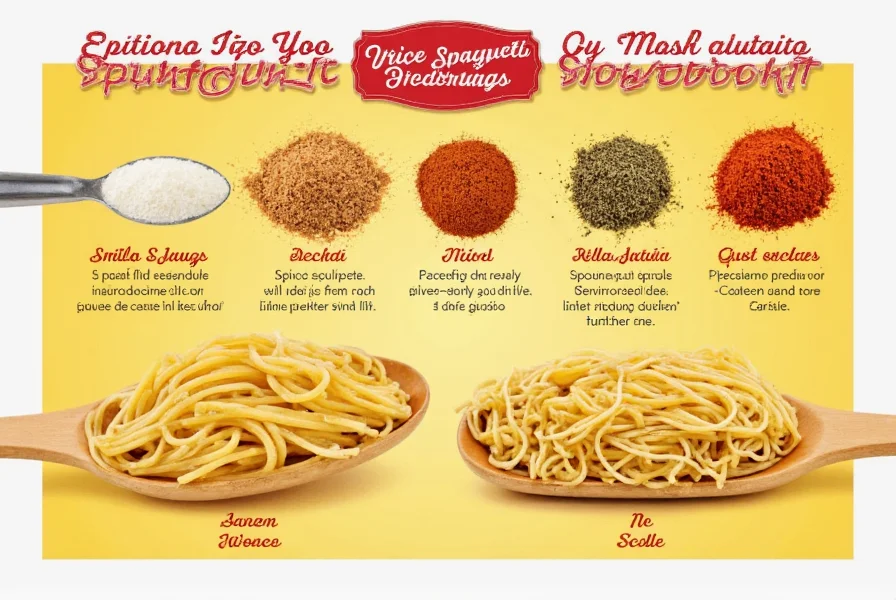
Spice Basics: What You Need to Know
Understanding how each seasoning interacts with spaghetti is key to creating restaurant-quality dishes at home. Here are critical factors to consider:
- Flavor Balance: A great spaghetti seasoning combines salt, acid, umami, and heat for harmony. Avoid overpowering any single element.
- Texture Impact: Some seasonings add crunch (like red pepper flakes), while others create smoothness (like grated parmesan).
- Heat Control: Spicy elements should complement, not dominate. Always start with small amounts and adjust gradually.
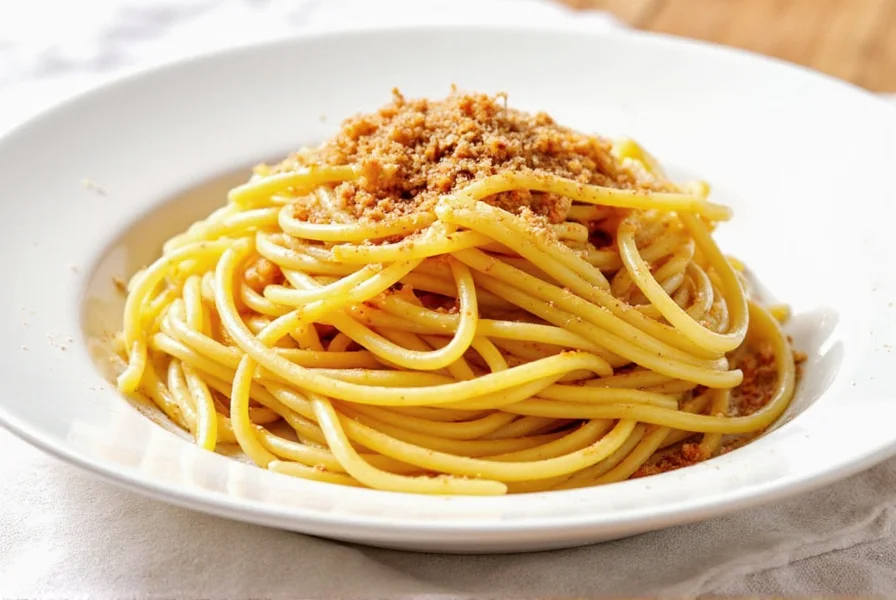
Top 5 Seasonings for Spaghetti
1. Garlic Powder: The Flavor Foundation
Garlic powder delivers consistent savory depth without burning risks. Unlike fresh garlic, it integrates seamlessly into sauces and works well with both tomato-based and creamy preparations.
How to use: Add 1/2 tsp per serving during sauce cooking. For richer flavor, mix with olive oil before incorporating.
Best for: Tomato sauces, Alfredo, meat-based dishes, and beginner-friendly recipes.
Recommended brands: McCormick, Badia, Simply Organic.
Common mistake: Adding too much at once. Start with 1/4 tsp and adjust to taste.

2. Crushed Red Pepper Flakes: Spicy Kick
These flakes add controlled heat that enhances tomato sauces without overwhelming other flavors. Perfect for balancing richness in meat-based dishes.
How to use: Begin with 1/4 tsp per serving. Stir into sauce during cooking for even distribution.
Best for: Spicy tomato sauces, arrabbiata, and meatball dishes.
Recommended brands: McCormick, Spice Islands, Frontier Co-op.
Common mistake: Adding too much too quickly. Always taste after initial addition.
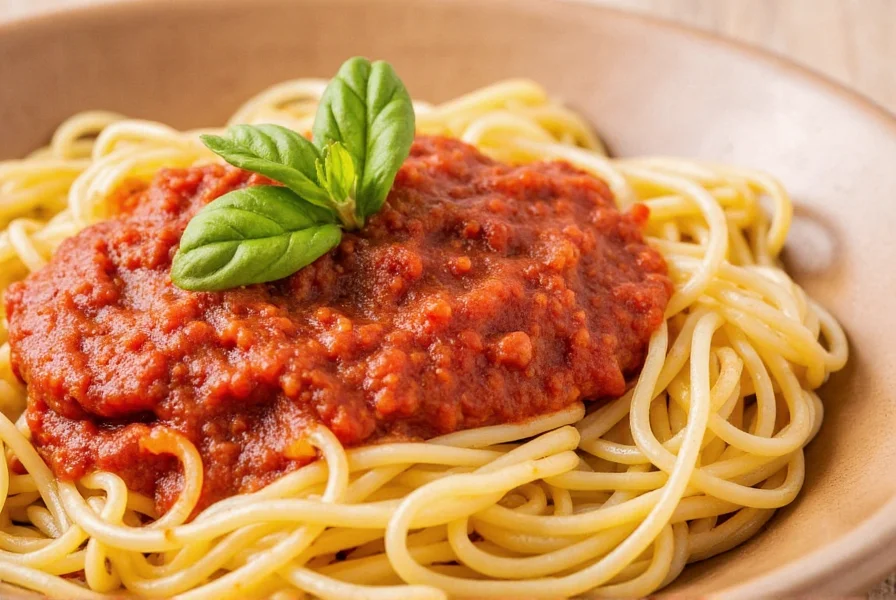
3. Dried Oregano: Earthy Depth
Oregano's aromatic bitterness complements tomatoes and olive oil beautifully. Toasting releases essential oils for maximum flavor impact.
How to use: Toast in dry pan for 30 seconds, then crush. Add 1 tsp per serving to sauces.
Best for: Classic Italian tomato sauces, grilled vegetables, and baked pasta dishes.
Recommended brands: Frontier Co-op, Spice Islands, Simply Organic.
Common mistake: Using raw oregano without toasting. This results in muted flavor.

4. Basil: Fresh Aromatic Finish
Basil adds bright, sweet notes that elevate simple sauces. Dried basil works well in cooking, while fresh basil is ideal as a finishing touch.
How to use: Add dried basil during sauce cooking. Stir fresh basil into hot pasta just before serving.
Best for: Fresh tomato sauces, pesto-based dishes, and summer-inspired pasta.
Recommended brands: McCormick (dried), Whole Foods (fresh).
Common mistake: Adding fresh basil too early. It loses flavor when cooked for long periods.
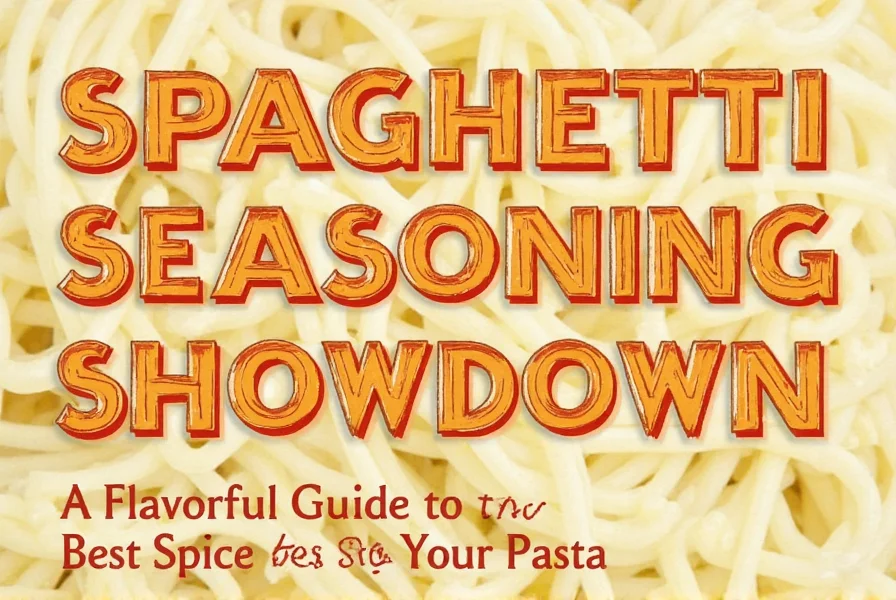
5. Parmesan Cheese: Umami Richness
While not a traditional spice, parmesan adds salty umami depth that binds flavors together. Always use freshly grated for best results.
How to use: Grate 2 tbsp per serving over hot pasta just before serving. Mix into sauces for creamier texture.
Best for: All tomato-based sauces, creamy Alfredo, and baked pasta dishes.
Recommended brands: Parmigiano-Reggiano, BelGioioso, Sartori.
Common mistake: Using pre-grated cheese. It contains anti-caking agents that affect texture and flavor.
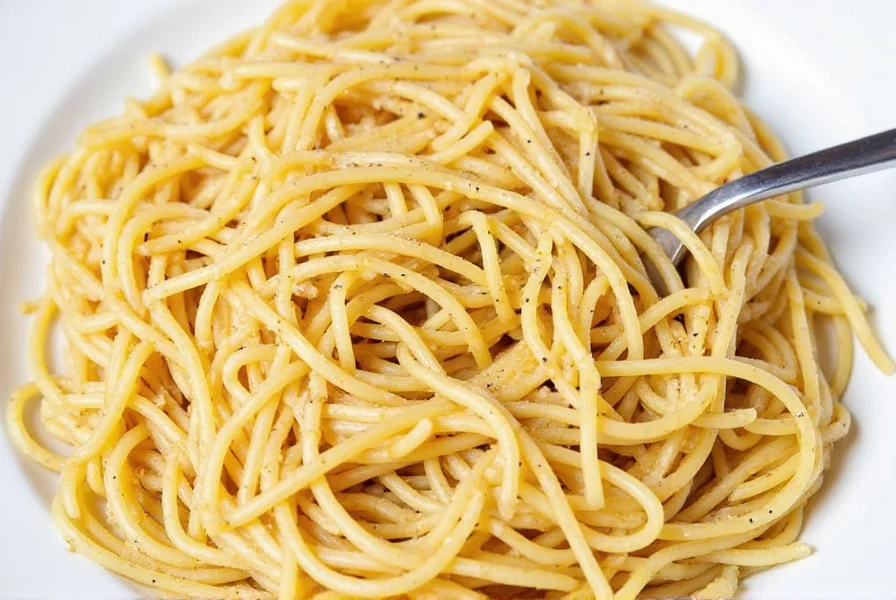
Buying Guide: Choosing the Right Seasoning for Your Needs
| Seasoning | Key Features | Recommended Brands | Best Sauce Type | Usage Tips | Target Audience |
|---|---|---|---|---|---|
| Garlic Powder | Consistent flavor, long shelf life | McCormick, Badia, Simply Organic | Tomato, Alfredo, meat-based | Add 1/2 tsp per serving during cooking; mix with oil for richness | Beginners, busy professionals |
| Crushed Red Pepper Flakes | Controlled heat, versatile | McCormick, Spice Islands, Frontier Co-op | Spicy tomato, arrabbiata, meatballs | Start with 1/4 tsp; toast for 10 seconds to enhance flavor | Spice enthusiasts, adventurous eaters |
| Dried Oregano | Earthy aroma, toasting enhances flavor | Frontier Co-op, Spice Islands, Simply Organic | Classic Italian, baked pasta | Toast before crushing; add 1 tsp per serving | Home cooks, Italian cuisine lovers |
| Basil | Fresh sweetness, bright finish | McCormick (dried), Whole Foods (fresh) | Fresh tomato, pesto, summer pasta | Dried: add during cooking; fresh: stir in at the end | Chefs, gardeners, summer cooks |
| Parmesan Cheese | Salty umami, texture enhancer | Parmigiano-Reggiano, BelGioioso, Sartori | All tomato-based, Alfredo, baked dishes | Grate fresh; add 2 tbsp per serving just before serving | Everyone who loves cheesy pasta |

Pro Tips for Using Spaghetti Seasoning
- Start Small: Always begin with half the recommended amount. You can add more, but you can't remove excess seasoning.
- Toast Dry Spices: Heat oregano or basil in a dry pan for 30 seconds before use to unlock full aroma.
- Pair Strategically: Garlic powder works best with creamy sauces; red pepper flakes complement tomato-based dishes.
- Combine for Depth: Mix 1/2 tsp garlic powder + 1/4 tsp red pepper flakes + 1 tsp dried oregano for classic Italian flavor.
- Finish with Fresh: Add fresh basil or extra parmesan after cooking for vibrant flavor contrast.
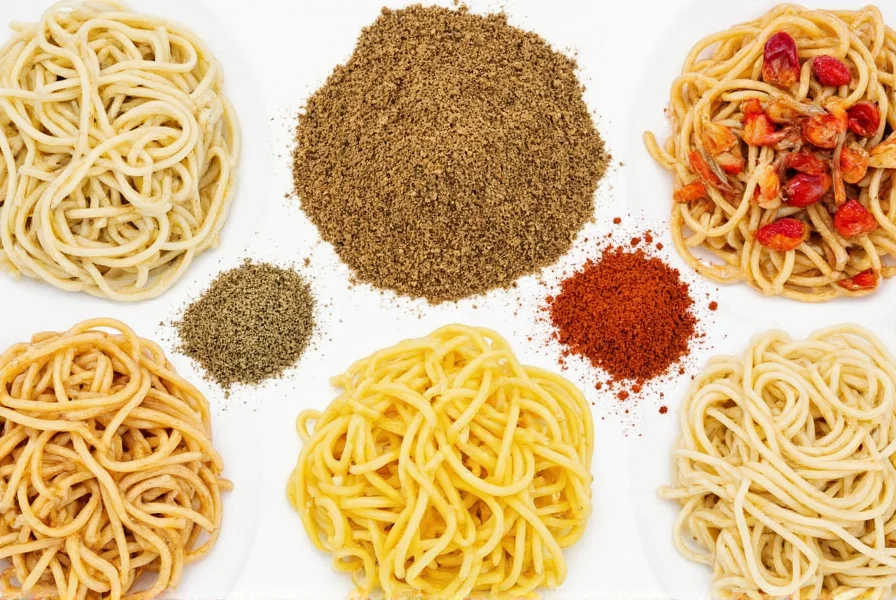
Frequently Asked Questions
Can I use fresh garlic instead of garlic powder?
Yes, but use 1 minced clove per 1/4 tsp garlic powder. Add it early in cooking to avoid bitterness. Garlic powder is more consistent for beginners.
How much red pepper flakes should I use for spaghetti?
Start with 1/4 tsp for mild heat. For medium heat, use 1/2 tsp. Never exceed 1 tsp per serving as it can overpower the dish.
What's the best parmesan for spaghetti?
Choose authentic Parmigiano-Reggiano for superior flavor and texture. Avoid pre-grated varieties with anti-caking agents.
When should I add fresh basil to spaghetti?
Stir fresh basil into hot pasta just before serving. Cooking it too long destroys its delicate flavor.
Can I use dried oregano instead of fresh?
Yes. Dried oregano is more concentrated. Use 1 tsp dried for every 1 tbsp fresh. Toast dried oregano for 30 seconds before using.
Conclusion
Mastering spaghetti seasoning isn't about complexity—it's about balance. From the savory depth of garlic powder to the bright finish of fresh basil, each ingredient plays a specific role in creating restaurant-quality pasta at home. By understanding how to use these seasonings correctly, you'll transform simple ingredients into unforgettable dishes.
Remember: Start small, taste as you go, and don't be afraid to experiment. With these expert tips, you'll consistently create spaghetti that delights every time.
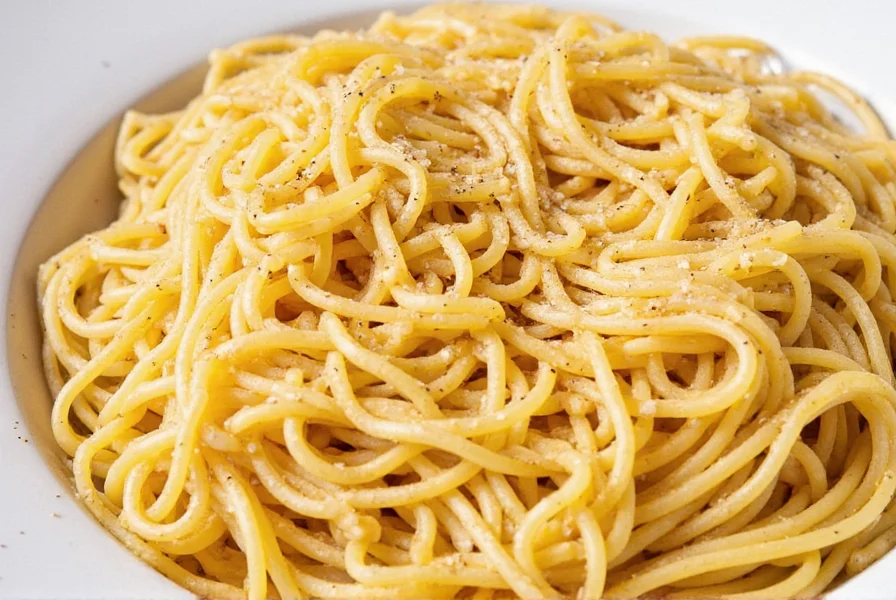

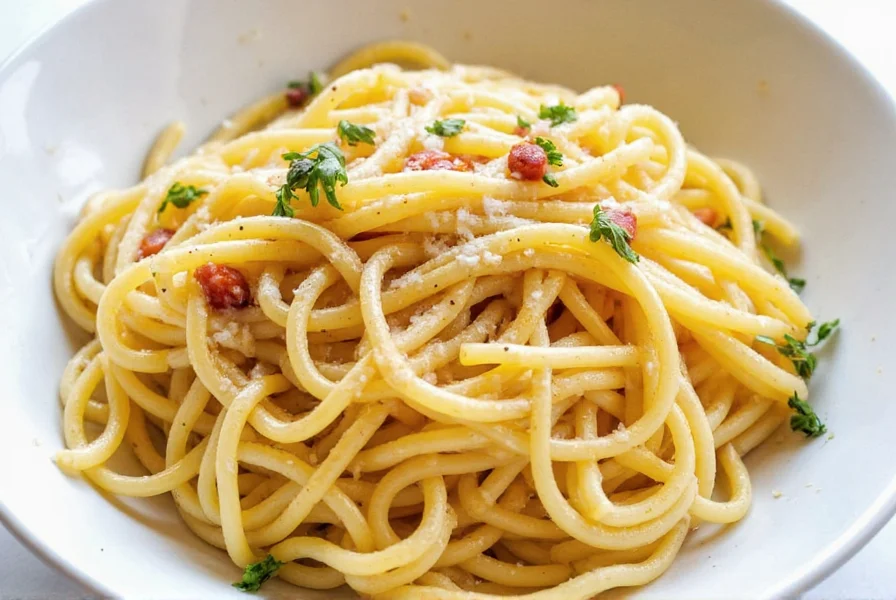









 浙公网安备
33010002000092号
浙公网安备
33010002000092号 浙B2-20120091-4
浙B2-20120091-4